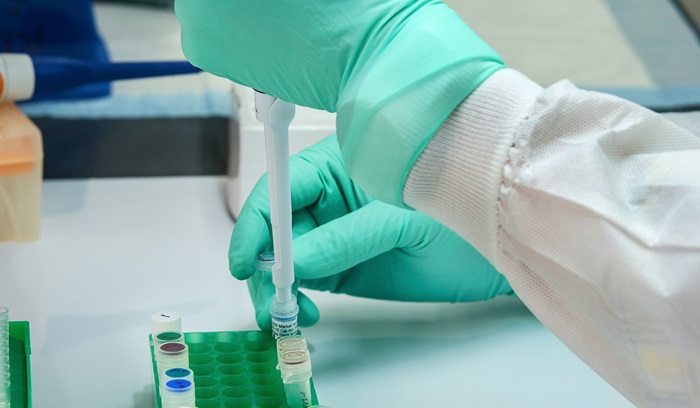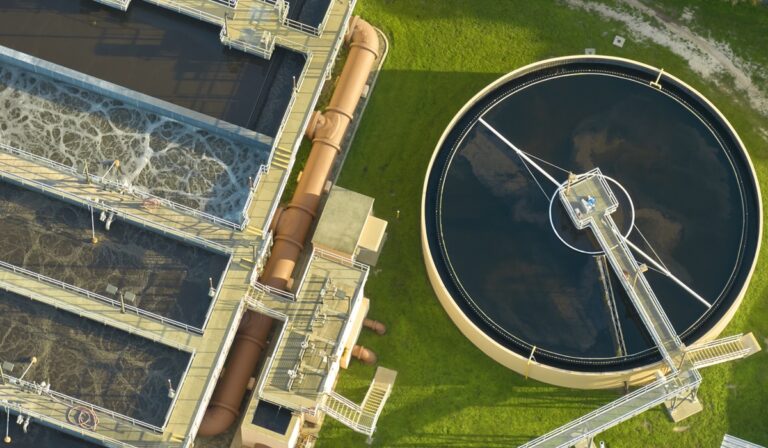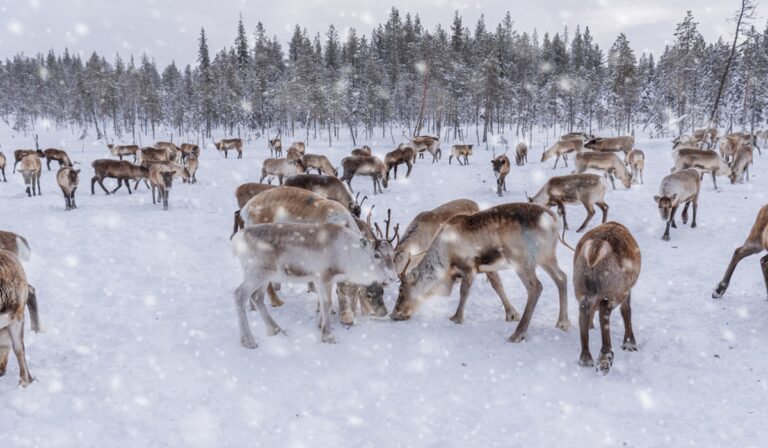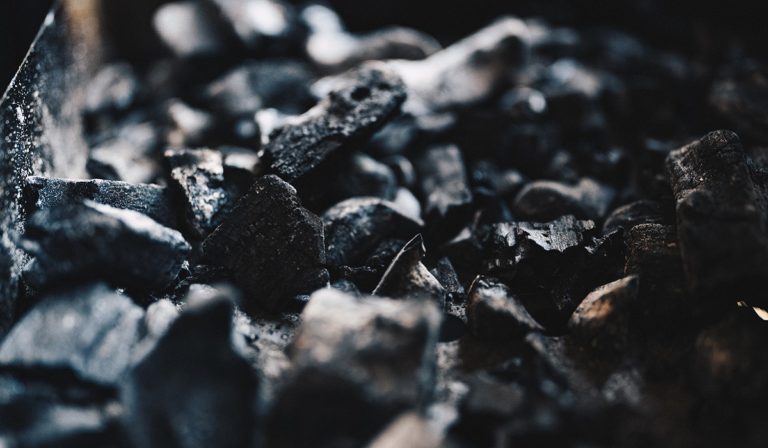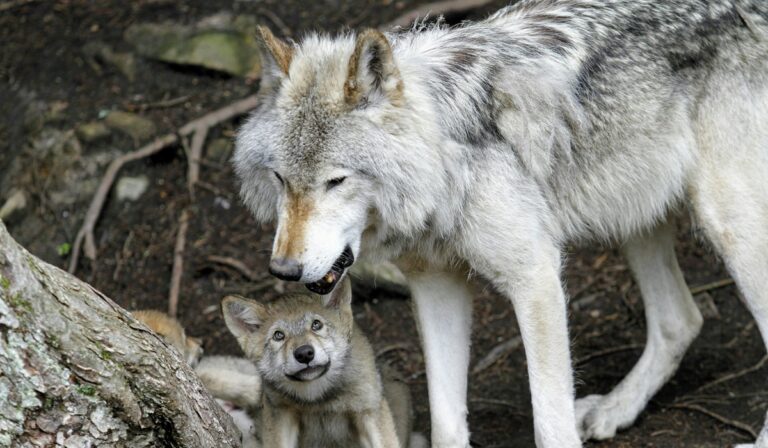University of Toronto researchers develop method to accelerate forensic analysis in sexual assault cases
The entire process currently can take days, weeks, or longer. To speed things up, the researchers focused on the first step: separating two individuals’ DNA from a single sample. At present, this is usually done manually by trained and experienced experts. The new method uses a process called ’differential digestion” using digital microfluidics that helped simplify the overall process and reduce the number of manual steps needed to isolate the assailant’s DNA from 13 to five.

